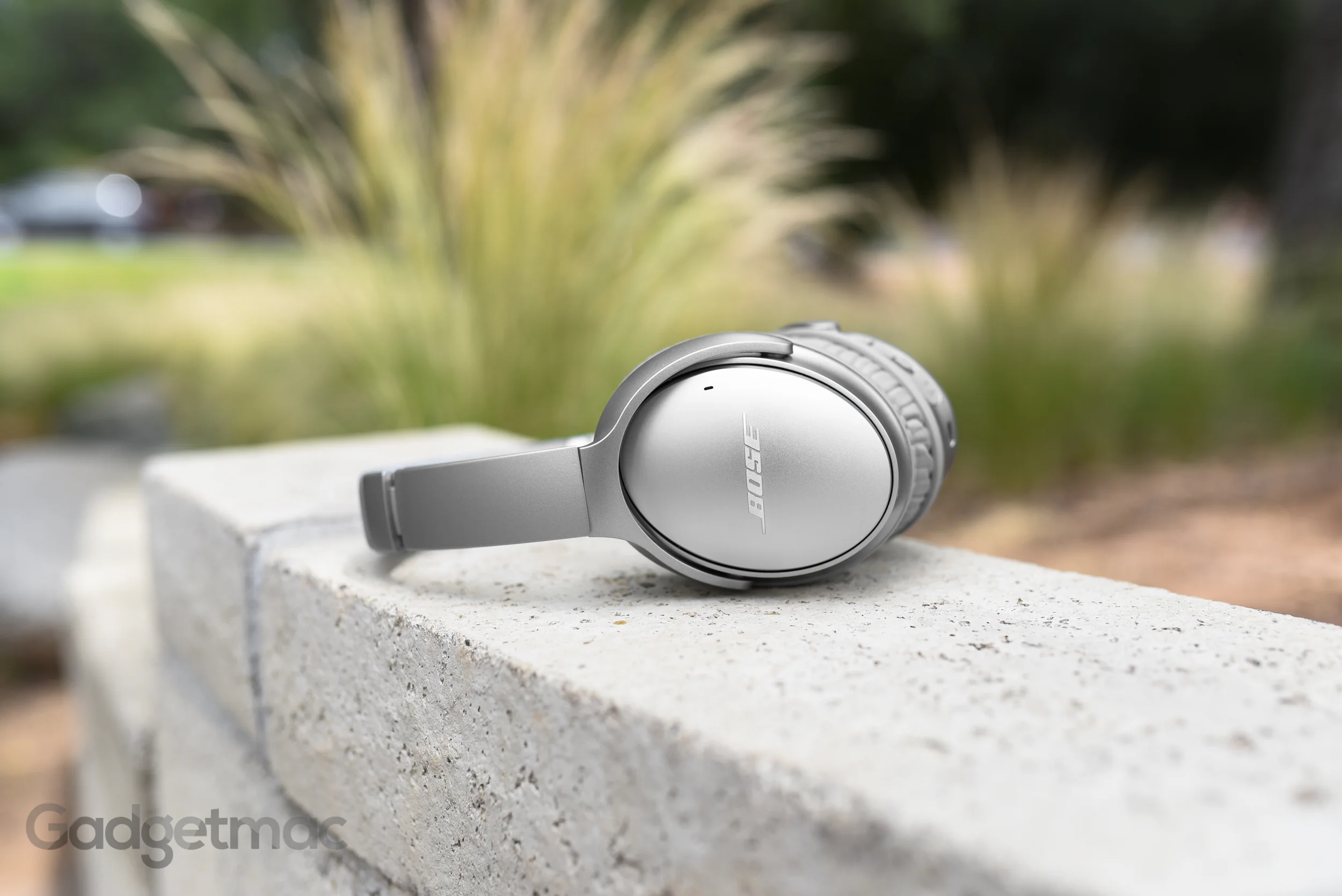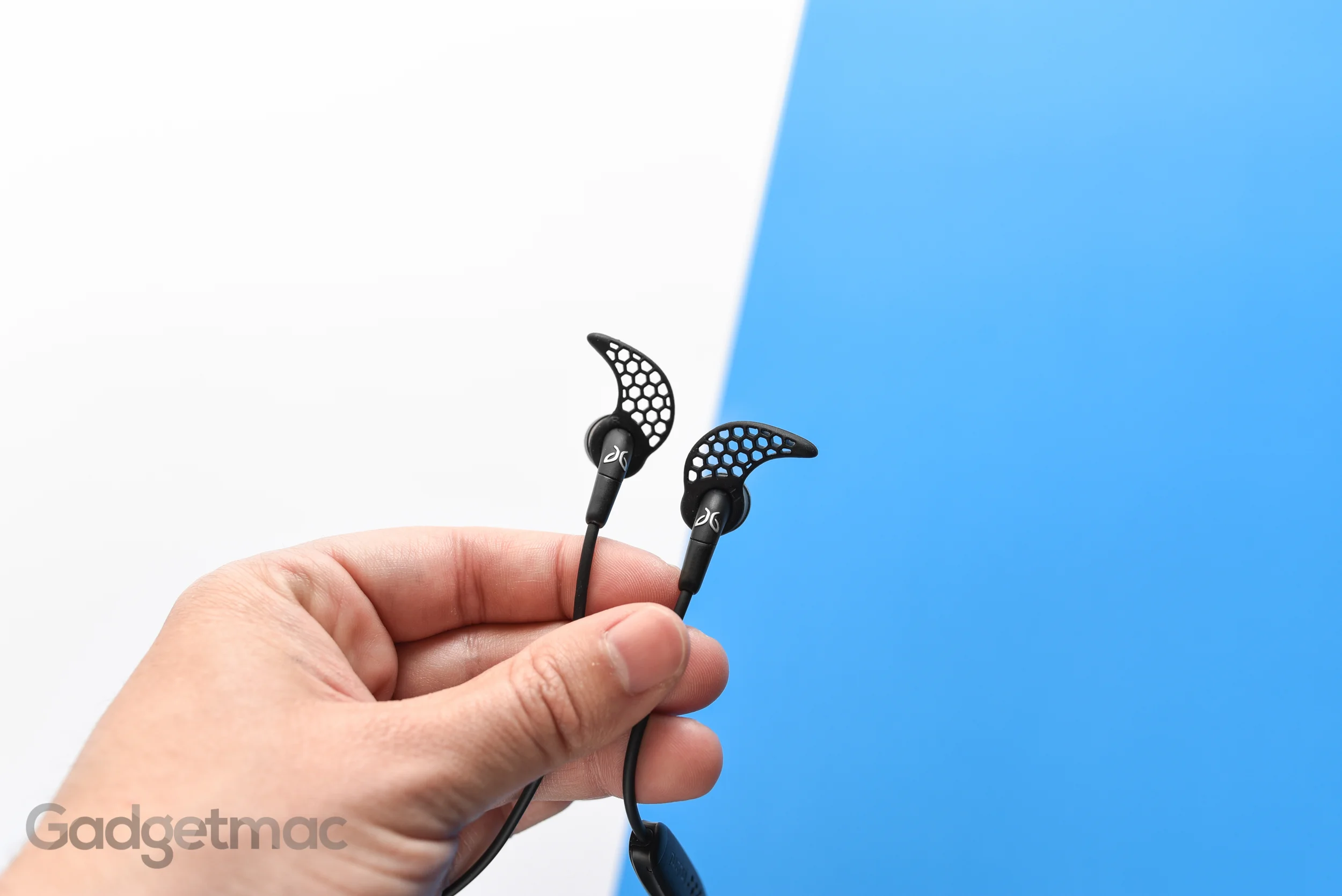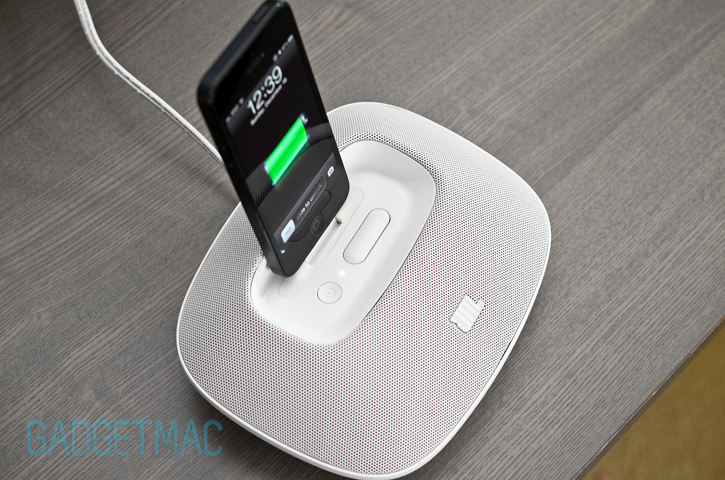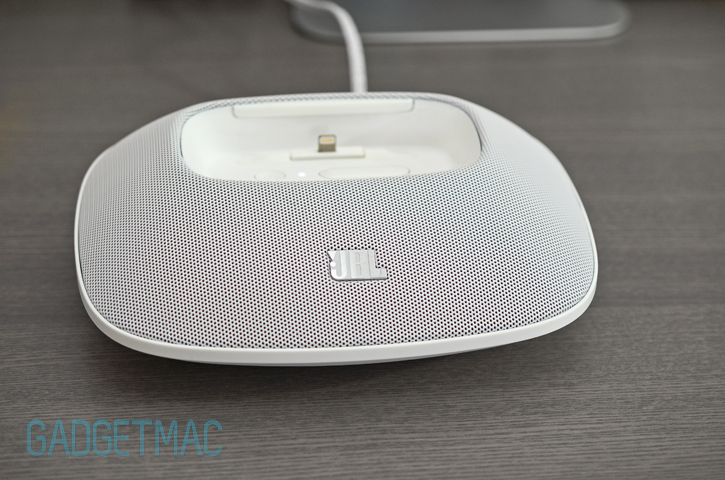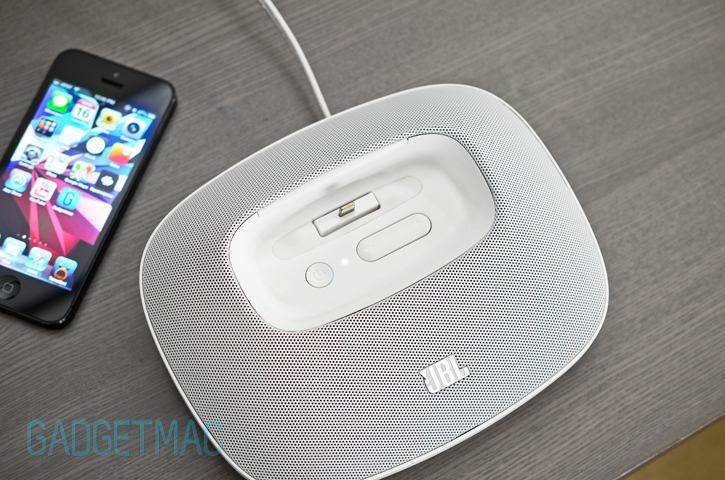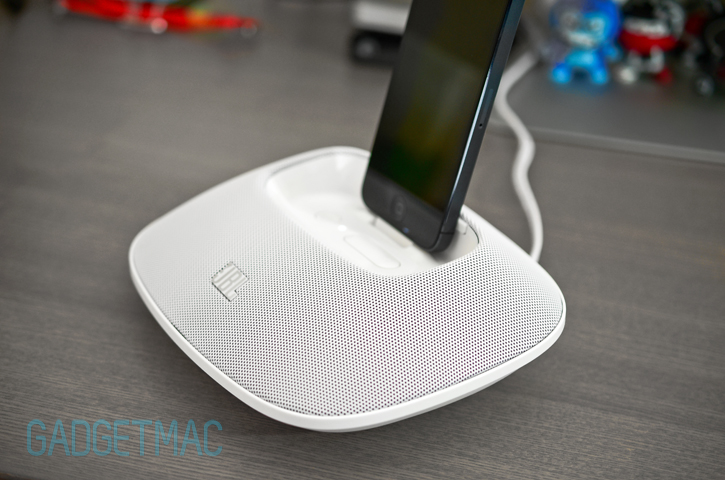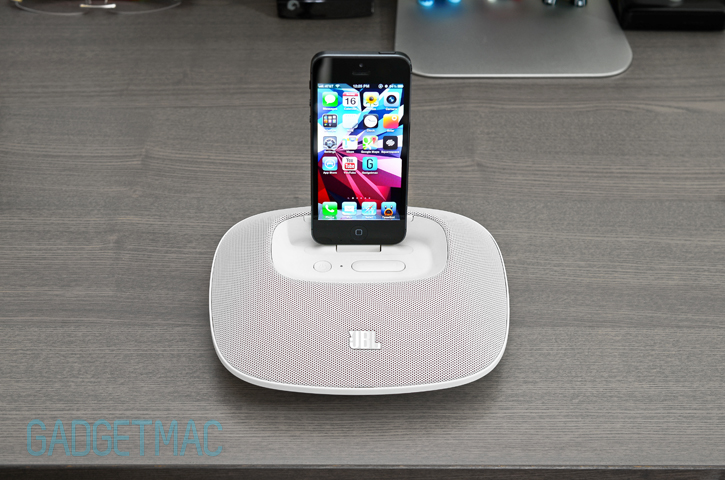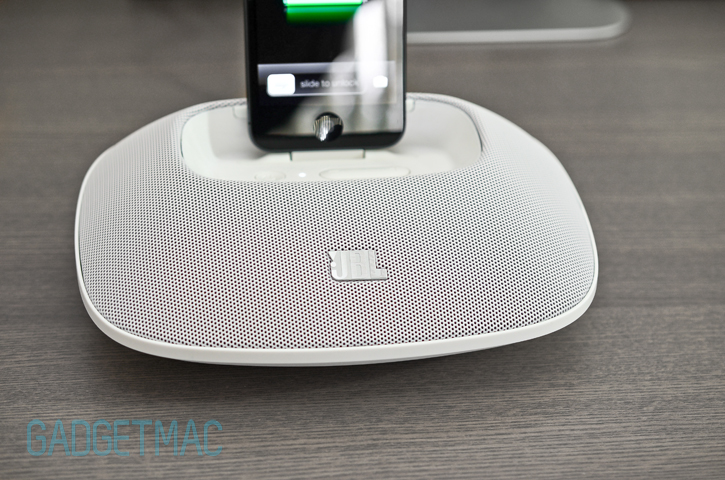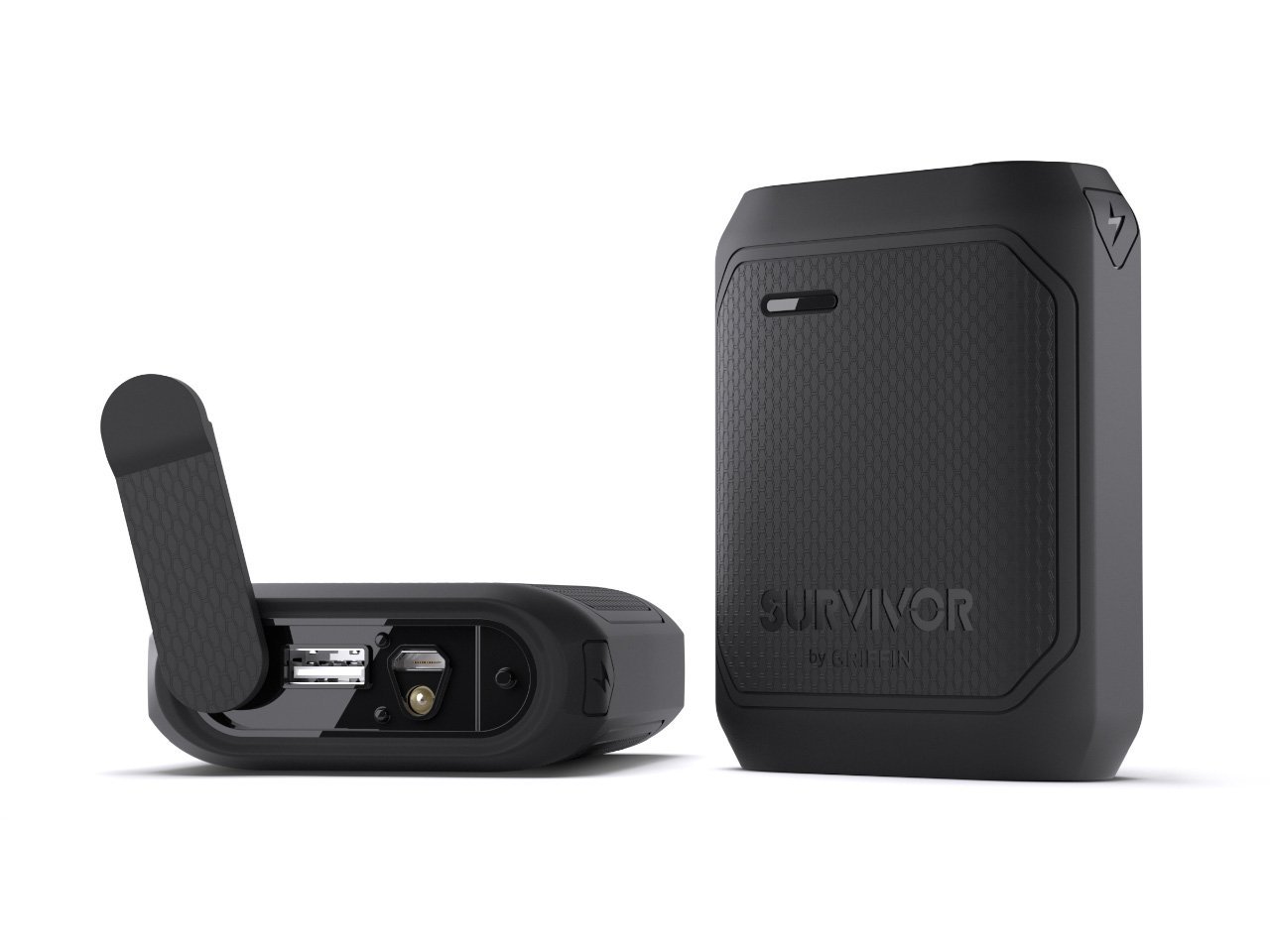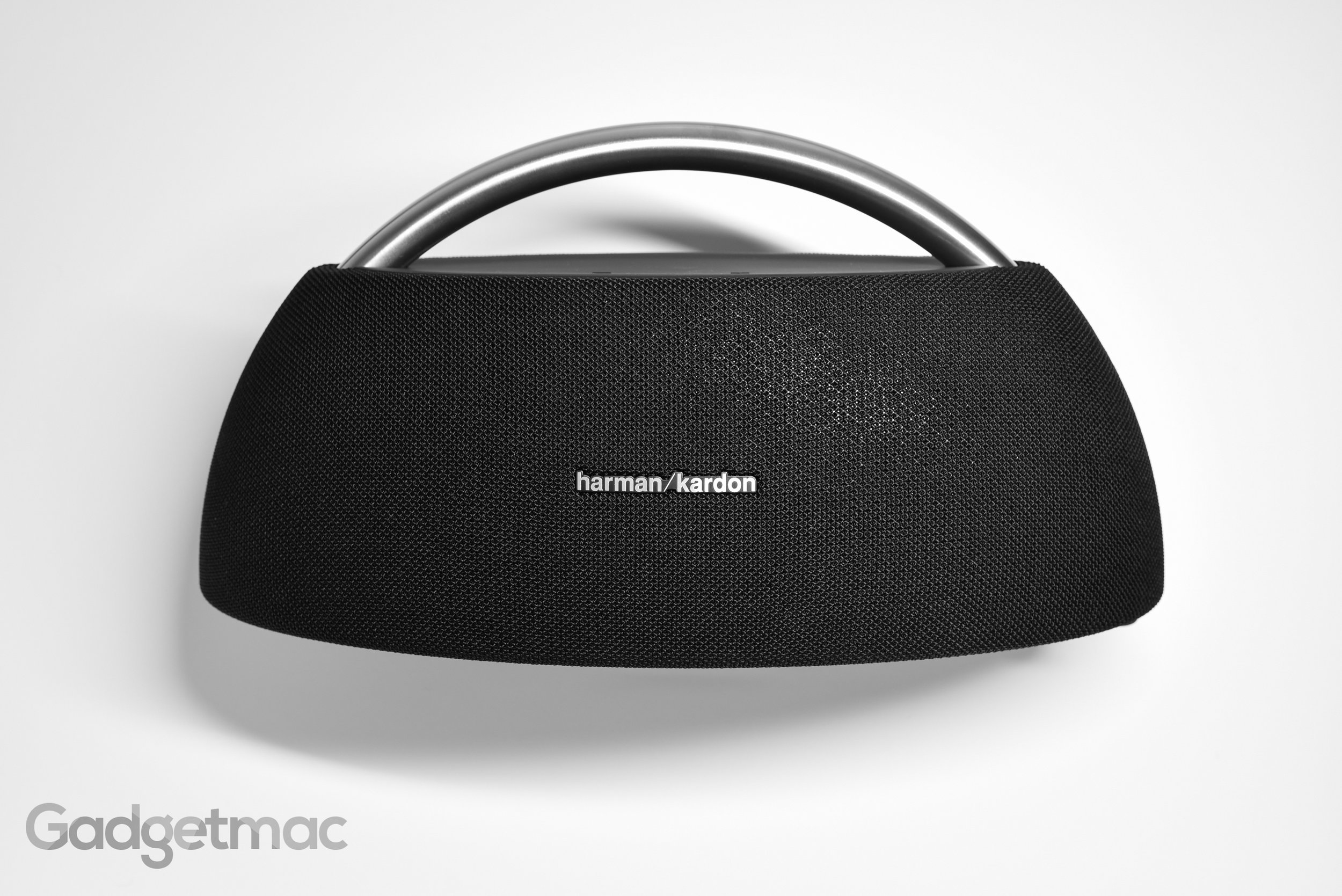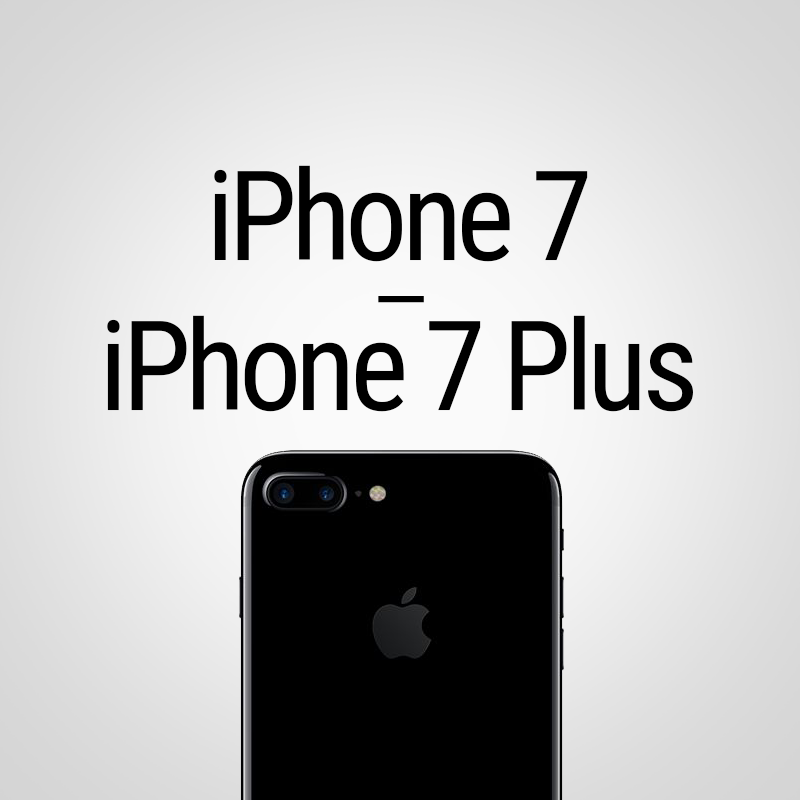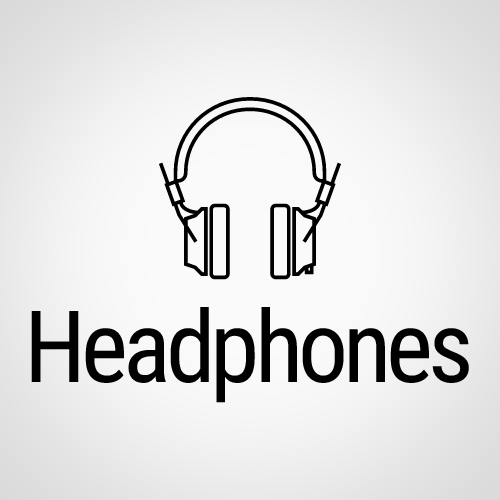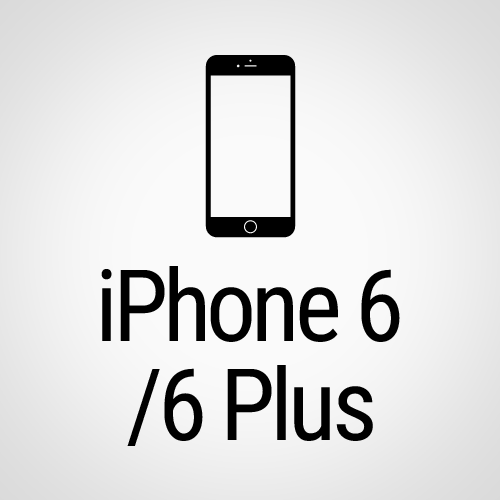JBL OnBeat Micro Review
/Apple's recent transition over to the superior Lightning connector resulted in quite a few now obsolete 30-pin dock connector accessories and frustrated early adopters. JBL faithfully beat everyone to the punch in releasing the world's first portable Lightning speaker dock. JBL's OnBeat Micro is a smallish speaker dock which features a set of powerful speakers for room-filling stereo sound, and a built-in Lightning connector that will work with the iPhone 5 as well as the iPod Touch 5. JBL took us by surprise when we reviewed its portable Flip speaker, which turned out to be astoundingly awesome. We've even considered it to be the best sounding Bluetooth portable speaker in the $100 price range. Suffice it to say the OnBeat Micro will not disappoint us in the sound department either. Catch the full review after the beat!
The OnBeat Micro is a basic, or more like a minimalist and compact Lightning speaker dock with a basic price, $100. The design however, is very attractive. The rounded oblong shape evokes an elegant and flowing design as if it were hovering on top of your desk like some kind of flying saucer. The OnBeat Micro comes in the industry standard white and black colors - with nothing but a wall power adapter in the packaging.
The idea behind the OnBeat Micro is simple. Very simple in fact. It'll quickly charge up your iPhone 5 or iPod Touch 5 when docked, while the internal speakers fire audio at a perfect slanted angle so your ears can soak it all up. It has no wireless AirPlay or Bluetooth streaming capabilities to speak of sadly.
...is awesome! Metal mesh speaker grille running all along the top half of the OnBeat Micro, while the bottom half is constructed out of very durable plastic. As a whole, the OnBeat Micro feels well made. And while it does carry a bit of heft, it isn't designed to be heavy enough for one-handed undocking of your Lightning connector equipped iDevice. Don't fret though, because an unmodified Lightning connector will always require a two-handed removal no matter how heavy a speaker dock is.
The recessed dip at the top of the OnBeat Micro was created partly as a one-piece back support which is padded with a rubber backrest and bottom feet, and a flat area where you will find the on-board controls like the power button and a volume rocker. Unfortunately, playback controls are lacking. However, the support rest does a good job keeping the iPhone steady for full touchscreen interaction without it wobbling or moving out of place.
The only thing that bothered me was the fact that I had to keep the entire speaker from lifting up each time I needed to undock my iPhone 5. The Lightning connector makes a very secure connection that requires you to use both hands when wanting to undock.
When powered on, the OnBeat Micro denotes so using a bright white LED light that will also turn a different color depending on whether you're using it without external power. Once your device finished charging, the OnBeat Micro will denote so by flashing the white LED light every few seconds.
It's worth mentioning that the built-in Lightning connector is actually incorporated into a spring-loaded joint that flexes back and forth freely in order to relieve stress off of the connector when you undock your iPhone or iPod touch. It's also designed to adjust to various thickness of protective cases, however, you'll be hard pressed in finding a case that will work with the OnBeat Micro. Unless you've got a thin snap-on case with a shallow bottom opening such as the Incase Snap Case, you'll need to use your iPhone 5 or iPod Touch 5 bare naked.
There are even more little drawbacks that come with the OnBeat Micro. You won't find any speakerphone functionality, so answering an incoming phone call while your iPhone 5 remains docked is not possible. We weren't kidding when we said that this is a minimalist speaker dock.
Secretly, the OnBeat Micro can be set free of its electric IV and be used as a portable speaker thanks to its ability to be powered on by using four triple A batteries which will yield up to 5 hours of playtime. However, you cannot charge your iPhone using the batteries. The bottom battery compartment comes off very easily and features an orange rubber anti-slip ring.
As nice as it may seem, the OnBeat Micro's exclusion of a built-in rechargeable battery is a letdown considering JBL's equally price, slightly smaller portable Flip speaker is sporting one. Having to use external batteries with the OnBeat Micro simply cannot compete against a true dedicated portable speaker. But the option for portable use is indeed a welcome feature.
Around the back is where you will find the OnBeat Micro's power input, auxiliary 3.5mm audio input in case you want to use any other device which isn't an iPhone or iPod, and a rather unusual standard USB input. JBL put that there so you would be able to use your iPhone, iPad or any other iPod which doesn't use a Lightning connector to play audio thru the OnBeat Micro. Unfortunately, the USB port will not provide a charge for your device and will only serve as a form of audio input. What a missed opportunity for a speaker that's plugged into a wall outlet with full potential of providing a powered USB port for charging non-Lightning equipped devices.
It may be called the OnBeat Micro, a name it shares with the truly micro-sized mono speaker by JBL called the Micro Wireless, but nothing about the OnBeat Micro's sound is remotely insignificant. Naturally we thought it would be important to put both of JBL's latest portable speakers head to head to find out which of the two sound better for the $100 price point. When putting JBL's Flip against the OnBeat Micro, it isn't very difficult to distinguish the two speakers apart in terms of sound quality. And that's because they both sound and perform exactly the same. The only difference is that the OnBeat Micro will keep your iPhone 5 charged up while you're blasting out tunes and would probably be the better choice for a static setup. It's obvious that JBL simply added a Lightning dock onto the Flip's core hardware, but it begs questioning why not improve the sound even more?
Like the Flip, at half volume the JBL OnBeat Micro's small yet very powerful speakers pump out enough volume power to fill up a small room or office with outstandingly clear audio. There's a remarkable separation between the highs, as in vocals, to the rest of the sound spectrum. Sound is bright and filled with clarity and rather good detailed midrange with tight thumpy bass. One way to describe the vocals is that the OnBeat Micro makes them sound life-like. Unless I'm trying hard to find a difference in sound, I can pick up a subtle improvement in the high-end treble which JBL seemed to have fixed by tuning the drivers in the OnBeat Micro just slightly. Then again, this could simply be a matter of Bluetooth streaming vs. a wired connection.
Here you have two speakers with the exact audio performance, albeit designed to fulfill two different tasks. Which is the right one for you? That's something you're going to have to ask yourself. If you're looking to get a wireless Bluetooth speaker that's portable and will play nicely with a host of different devices you might own, then the Flip is without a doubt a fantastic choice. On the other hand, if you're in need of a home or office Lightning dock with a built-in speaker that'll exclusively work with your iPhone 5 or iPod touch 5, then we would definitely recommend JBL's OnBeat Micro speaker dock.
There are perhaps more tradeoffs that come with the OnBeat Micro in that you end up losing the luxury of Bluetooth wireless audio streaming, universal compatibility, speakerphone functionality and true portability. However, you do gain a Lightning dock and a sleek design that'll look beautiful when sitting on top of your desk or nightstand. A digital display with an alarm clock feature would have been a nice addition. Then again, you are only paying $100. Which is to say not more than you would for the Flip. Either way, you can't go wrong with JBL's new speaker additions as long as you pick the one that suits your needs best.
While JBL's OnBeat Micro lacks some basic features found in many speaker docks of its kind, it'll satisfy your most basic needs for an all-in-one Lightning speaker dock that sounds great and has a clean looking design at a decent price.



